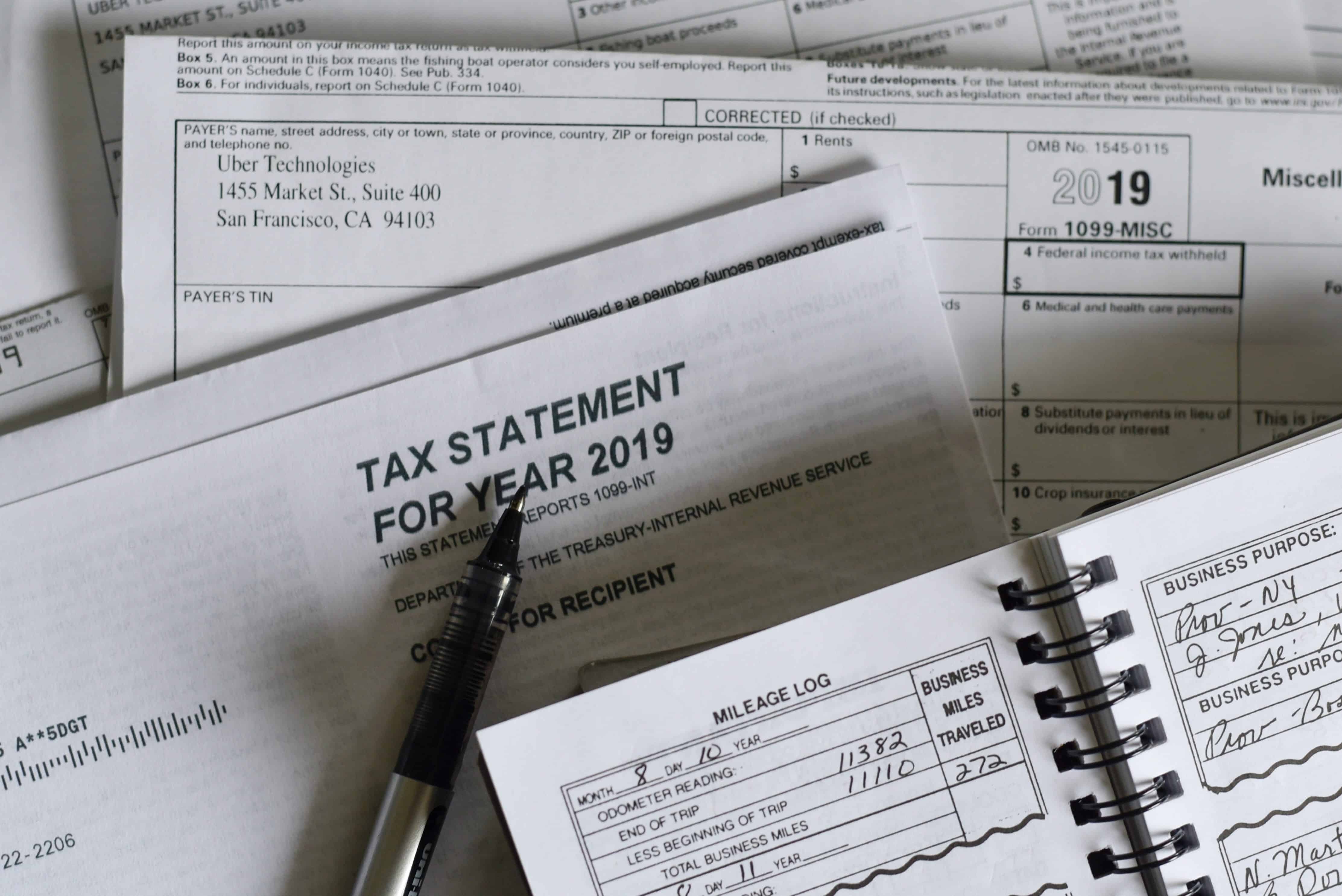5 TAX PROGRAMS TO RESOLVE IRS PROBLEMS
Back taxes or other issues with the IRS are more common than you think. Many people get in a bind and have to deal with the IRS at one time or another, especially in these hard financial times. However, you cannot ignore an IRS issue and hope it will go away. The IRS will eventually catch up with you and the fines will be substantial. It is best to deal with these situations as soon as they present themselves. The best news is that there are programs available to help those who have issues with the IRS.
The 5 programs listed in this article are available for assistance if you meet the requirements. One or more of these programs may be beneficial for your case. You should speak with a tax expert to see if you qualify for any of these tax relief programs.
Offer In Compromise (OIC)
An Offer in Compromise (OIC) is an official agreement between the Internal Revenue Service (IRS) and the taxpayer that will settle for an amount less than the full amount owed by the taxpayer. It is an option for those who are not able to pay the past due amount in full, or if paying the full amount will leave them in a state of financial distress.
To qualify for an OIC, a taxpayer must have filed all past tax returns and must be current with federal tax withholding or estimated tax payments for the present year.
The IRS will take the following facts into consideration once the taxpayer files for an OIC:
- Income
- Ability to pay
- Total monthly/yearly expenses
- Assets and equity
If an OIC is approved by the IRS, there are two payment methods available. The first is a “Lump Sum” in which the taxpayer pays the offer amount in one lump sum or in a payment installment of 5 or fewer payments within a set period of months. The second is a Periodic Payment Offer in which payments are made in 6 or more monthly installments and must be paid within 24 months.
If the IRS agrees to the OIC, the taxpayer is required to timely file and pay all future taxes over the subsequent five years. If the taxpayer does not abide with the set terms of the OIC, the IRS may consider the OIC to be in default. In this event, the OIC is null and void and the IRS will demand immediate full payment of the original tax balance plus penalties and interest.
Installment Agreement (Payment Plan)
If you cannot pay your tax debt in full immediately, you might be able to set up a monthly payment plan or Installment Agreement (IA). If you agree to pay the full amount, you may be able to reduce the interest owed and any other fees.
You may be eligible for an online payment plan if you owe less than $50,000 in combined individual taxes, interest and penalties. You must have filed all of the necessary tax returns. You must also make the minimum required payment by the set due date. Any future tax refunds will be applied to your debt until it is paid in full.
Penalty Abatement
You can request a penalty abatement based on the following penalties:
- Failure to file
- Failure to pay
- Failure to deposit
You may file for any of the above if you meet the following criteria:
- Before the penalty has been assessed by the IRS, you can file a “penalty non-assertion request”
- After the penalty has been assessed, you can request a penalty abatement via a written letter to the IRS.
- Once the penalty has been paid, you can request a refund using Form 843. However, you must file this request within 3 years of the return date or within 2 years of paying the penalty.
You may request penalty abatement for the following reasons:
- Reasonable cause
- Statutory exceptions
- Administrative waivers
- Correction of error on the behalf of the IRS
Innocent Spouse
As a great deal of married taxpayers opt to file a joint return, this filing status leaves both partners liable for any taxes, penalties, and interest due in the event of a divorce. However, the spouse who feels they are being wrongly held liable, may file for “Innocent Spouse Relief” in the event that one of the involved parties failed to report any income or claimed false credits or deductions.
You may file for Innocent Spouse Relief if you meet the following criteria:
- There are erroneous items on your joint return.
- You can prove that you did not know there was an error on the form at the time it was filed.
- You were coerced into signing a joint return or were unaware of the joint filing
Currently-Not-Collectible (CNC)/ Financial Hardship
If you and the IRS are in agreement that you do owe the amount in question, but you are unable to pay in full due to your financial situation, you may be able to apply for Currently-Not-Collective (CNC) or Financial Hardship status. In order to qualify, the IRS must determine that you cannot pay your cost of living expenses and your taxes at the same time.
If your necessary living expenses exceed your monthly income, the IRS will approve your CNC request and will not try to collect any past debts or issue any levies against you while you are in CNC status. However, the IRS has the power to add interest and penalties during that time, as well as to withhold any pending tax refunds and apply them to the amount owed.
Get our Free Special Report: 7 Secrets the IRS Doesn’t Want You to Know!
Not only are we licensed Tax Relief Specialists, we are also former Senior IRS Agents that now serve the best interests of taxpayers like you – all we do is handle IRS Tax Relief matters, all day, every day. Speak to us at 1 (949) 260-4770.
If you think you might be eligible for one or more of the above tax relief programs, or would like us to review your tax notices/letters for FREE, contact Landmark Tax Group now for a No-Obligation consultation.





